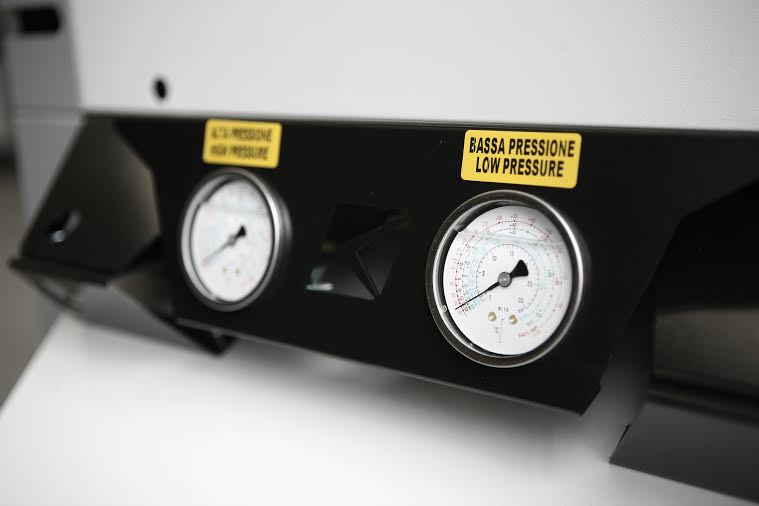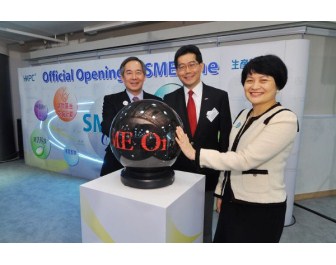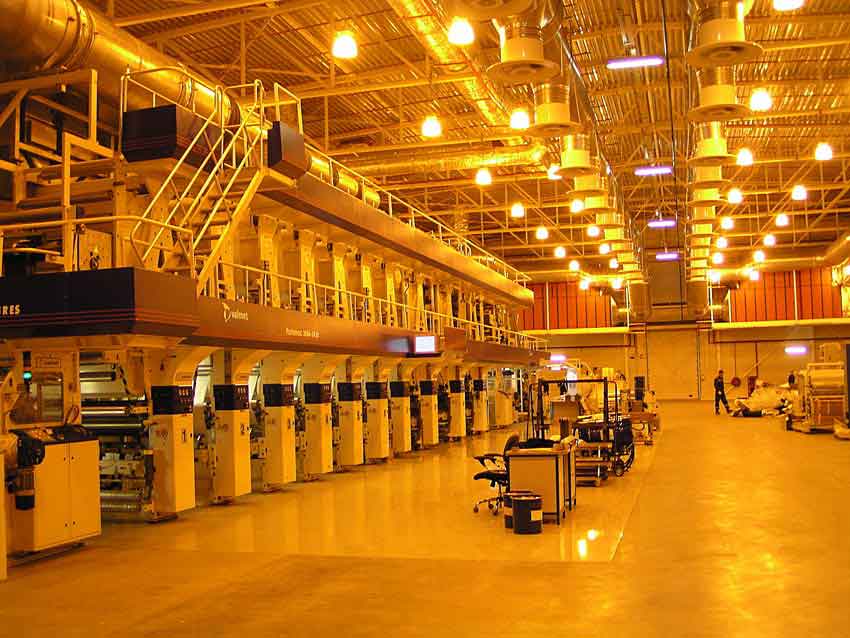Updated: An escalating trade war between the United States and China is hitting the plastics sector with Chinese officials announcing tariffs on 106 U.S. products, including plastics, and the U.S. targeting machinery and molds.
Both nations are eyeing a rate of 25 percent. Final numbers and the effective dates of the new tariffs have not been finalized. The list of U.S. plastics products targeted by China include numerous resins and finished products.
Plastics industry officials were scrambling to react to the news in the first hours after the two countries’ announcements. By the afternoon of April 4, Plastics Industry Association President and CEO Bill Carteaux urged officials to “reconsider” their actions.
“China is proposing tariffs on plastic materials and plastic products from the U.S., while the U.S. is proposing tariffs on plastics machinery from China,” Carteaux said in a news release from the association. “This is despite the fact that both countries would benefit from a freer approach to trade, one that lies in a different direction than the one that both countries seem to be taking. The persistent trade deficit that the U.S. has had with China is troublesome, and springs from real structural issues that should be resolved, but not through tariffs, which only serve to limit our industry’s potential growth.”
Carteaux expressed confidence in the plastics industry’s ability to withstand anxieties in the global market, but the threats threaten to “disrupt the supply chains of companies large and small if they take effect.
“Before these tariffs take effect, we urge both countries to reconsider taking yet another step in the wrong direction with their economic policies, and urge both nations to come together to find real solutions that benefit all companies and consumers,” he said.
In a statement, American Chemistry Council president and CEO Cal Dooley said that U.S. chemical manufacturers “believe the principles of free and fair trade should apply to all members of the [World Trade Organization], and that includes China.”
ACC represents many producers of chemicals and plastic materials, including resins. Dooley added that “however, engaging in a trade war with one of our country’s most significant trading partners is not the answer.”
“We strongly urge both the U.S. and Chinese governments to work together to come to a satisfactory and mutually beneficial decision before this situation escalates further,” he added.
China is one of the U.S. chemical industry’s most important trading partners, importing 11 percent, or $3.2 billion, of all U.S. plastic resins in 2017, according to ACC. Dooley said ACC officials “are particularly concerned” that 40 percent of the products to which China has assigned new tariffs are chemicals, including polyethylene, PVC, polycarbonates, acrylates, and others.
“Nearly $185 billion in new chemical factories, expansions and restarts of facilities around the country are predicated on current tariff schedules, and market shifts caused by tariff increases may convince investors to do business elsewhere,” he added. “We strongly urge the U.S. and China to reach a productive and meaningful agreement before any of the proposed tariff schedules go into effect.”
Dwight Morgan, vice president of corporate development at resin distributor M. Holland Co. in Northbrook, Ill., said that his firm “is optimistic about the outlook for our industry, regardless of the near-term politics.”
“Plastic resins are one of the few areas where we have a meaningful merchandise trade surplus,” he added. “We’re hopeful that the end result of these trade tensions will be a free, fair playing field for all industries, and not a trade war.
“At the end of the day, though, we believe that market forces prevail in the global economy, and the U.S. plastics industry is among the most competitive in the world.”
The United States kicked off the trade war on March 1 when it announced tariffs on Chinese steel and aluminum. The U.S. has since announced tariffs on additional products. China now has taken that step twice.
The proposed U.S. tariffs cover a massive list of industrial products, including injection molding machines, extruders, blow molding machines and thermoforming equipment.
Bill Duff, general manager of sales and marketing of Yizumi-HPM Corp. — which sells machines made in China by Guangdong Yizumi Precision Machinery Co. Ltd. — said the parent company did not give any immediate communication.
“But certainly it’s not conducive to promote business,” Duff said. “Entering into a trade war, which is what’s happening, is going to hurt everybody.”
Yizumi-HPM imports machines from Guangdong Yizumi in China, built to its specifications for U.S. customers. The cost of the Trump administration’s tariffs is going to be passed onto the consumer—resulting in higher prices, he said.
“So, that means increased prices on all equipment that we sell: die casting, injection molding, metalworking presses. They’ve all been slated for this 25 percent tariff, so that really [results] into higher prices for our customers,” Duff said.
Tariffs on Chinese industrial goods will have a broad impact across the entire capital machinery sector, plastics and otherwise. Many plastics machinery manufacturers in the United States, Europe and Asia build some machines in China, and nearly all of them buy some Chinese-made components.
The 58-page list of U.S. tariffs on Chinese-made products covers nearly every imaginable type of machine and component, including machine tools, steel and aluminum, molds, machine bases and platens, screws, motors, pumps, dryers, printing equipment, and testing instruments.
Glenn Frohring, president of Absolute Haitian Machinery Corp., said so many companies produce equipment in China that the impact will be large. Absolute Haitian gets its machinery from Haitian International Holdings Ltd. in China.
“In the short term, there’s really no concern, because we’ve got a lot of inventory and we’re able to work with customers on trying to do anything to offset any tariffs. But it of course it has an impact, and I think it impacts just about everybody.”
Haitian, as a giant maker of machinery, “also is in a position to be the most flexible and creative when it comes to selling equipment into the U.S. market,” Frohring said.
At some point, would tariffs cause Absolute Haitian to raise prices? Frohring said no comment, but he added: “25 percent, it’s got to come from somewhere.”
Duff of Yizumi-HPM said it would be better for business if the United States and China can back away from the tariffs.
“Building walls and making barriers to trade is not good for business, period.”
US products on China’s list
U.S.-made products targeted for tariffs by Chinese officials include:
• Primary shaped polycarbonate.
• Other polyesters.
• Reaction initiators, accelerators not elsewhere specified.
• Polyethylene with a primary shape specific gravity of less than 0.94.
• Acrylonitrile.
• Primary shaped epoxy resin.
• Polyethylene terephthalate plate film foil strips.
• Other self-adhesive plastic plates, sheets, films and other materials.
• Other plastic non-foam plastic sheets.
• Other plastic products.
• Other primary vinyl polymers .
• Other ethylene-alpha-olefin copolymers, specific gravity less than 0.94.
• Other primary shapes of acrylic polymers.
• Other primary shapes of pure PVC.
• Polysiloxane in primary shape.
• Other primary polysulphides, polysulfones and other tariff numbers as set forth in note 3 to chapter 39 are not listed.
• Plastic plates, sheets, films, foils and strips, not elsewhere specified.
• Adhesives based on other rubber or plastics.
• Nylon 6/6 slices.
• Other primary-shaped polyethers.
• Primary shaped, unplasticized cellulose acetate,
• Aromatic nylons and their copolymers.
• Semi-aromatic nylons and their copolymers.
• Other nylons of primary shape.
• Other vinyl polymer plates, sheets, strips.
Other plastics industry representatives were studying the list on April 4 and weighing a reaction.








